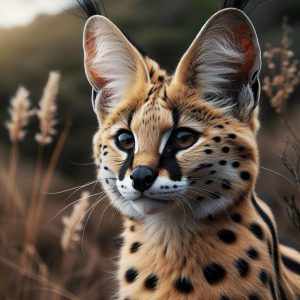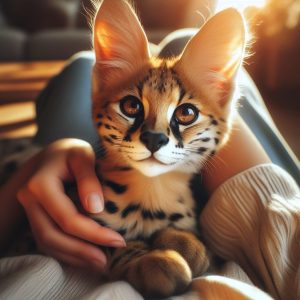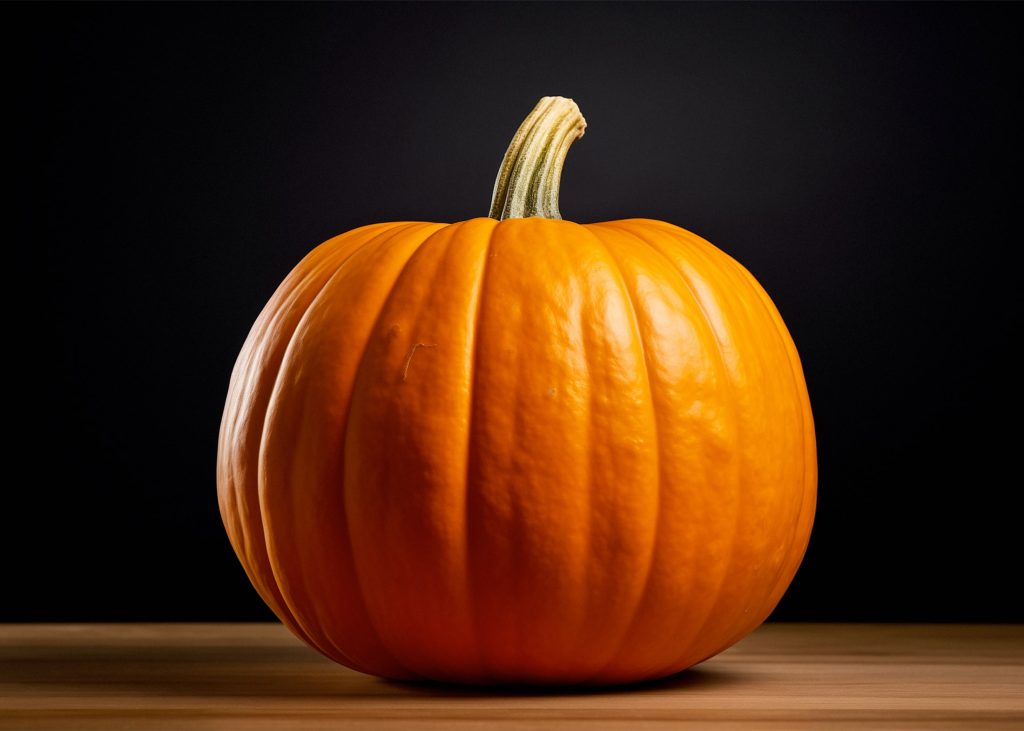Navigating Legal Requirements: Do You Need a License for a Serval?
Owning an exotic pet such as an African serval comes with a myriad of responsibilities and considerations, including legal requirements and regulations. Due to their wild nature and specialized care needs, servals are subject to various laws and permits aimed at protecting both the animals and the public. In this article, we’ll explore the legal landscape surrounding serval ownership and whether a license is required to keep one as a pet.
Understanding Legal Frameworks:
The legality of owning a serval as a pet varies depending on your location, as each country, state, or province has its own laws and regulations governing exotic animal ownership. Before acquiring a serval, it’s crucial to research and understand the specific legal requirements and restrictions in your area to ensure compliance with the law.
Licensing Requirements:
In many jurisdictions, owning an African serval cat requires obtaining a special permit or license from local authorities. These permits typically involve an application process, which may include providing documentation demonstrating your ability to properly care for the animal, such as proof of adequate housing, veterinary care, and experience handling exotic animals.
Zoning and Land Use Regulations:
In addition to licensing requirements, serval ownership may be subject to zoning and land use regulations that dictate where and how exotic animals can be kept. Some areas may prohibit the ownership of servals or restrict their presence to certain types of properties, such as rural or agricultural areas.
Animal Welfare Considerations:
The primary purpose of licensing requirements for exotic animal ownership is to promote animal welfare and public safety. Servals, like all exotic animals, have specialized needs that must be met to ensure their health and well-being in captivity. Licensed individuals are typically subject to periodic inspections and oversight to ensure that they are providing appropriate care for their serval companions.
Penalties for Non-Compliance:
Failure to comply with licensing requirements or keeping a serval without the necessary permits can result in legal consequences, including fines, confiscation of the animal, and potential criminal charges. Additionally, unlicensed serval ownership may pose risks to public safety and animal welfare, as inexperienced owners may lack the knowledge and resources to properly care for these wild animals.
Conclusion:
In conclusion, while the regulations surrounding serval ownership may seem daunting, they are in place to safeguard the well-being of both the animals and the public. Before considering acquiring a serval as a pet, it’s essential to research and understand the legal requirements and responsibilities involved. By obtaining the necessary permits, providing proper care, and adhering to legal and ethical standards, serval owners can ensure a safe and enriching environment for these magnificent creatures.













